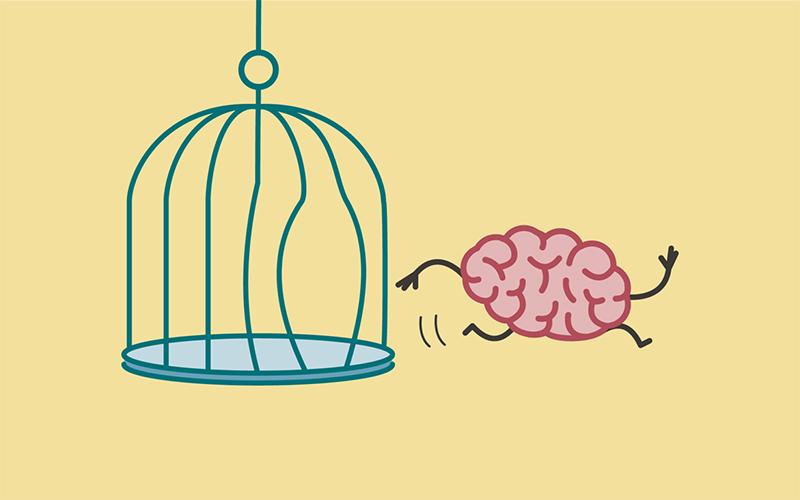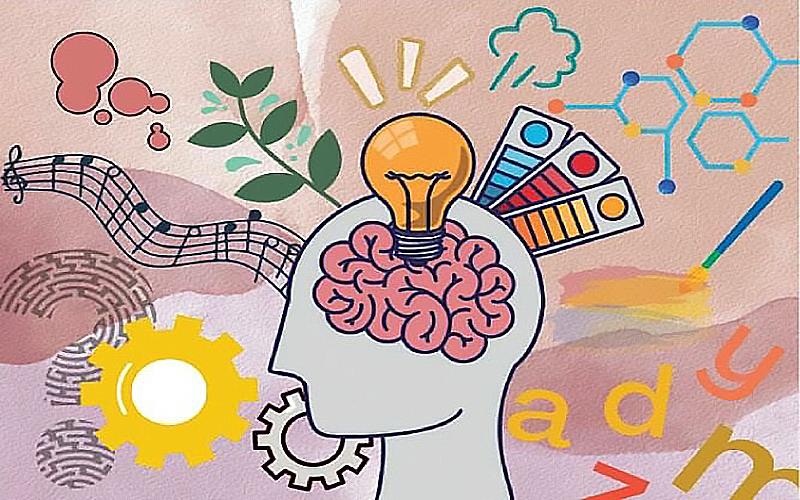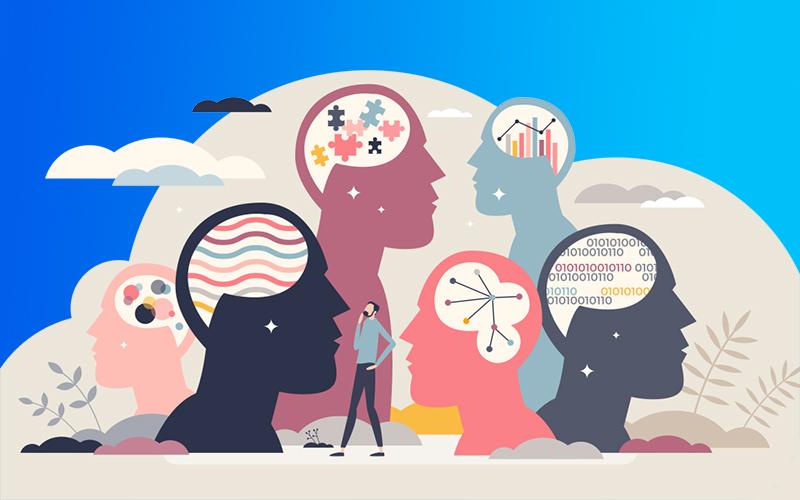Unlocking the Power of Cognitive Flexibility: A Key to Success
Cognitive flexibility, the ability to adapt one’s thinking in response to changing environments and challenges, is a crucial skill in today’s fast-paced world. Whether you're making decisions in your personal life or navigating complex professional situations, cognitive flexibility empowers you to think creatively, explore multiple solutions, and remain resilient in the face of adversity.
The Importance of Cognitive Flexibility
Cognitive flexibility allows you to adjust your thought processes when things don't go as planned. People who are highly flexible in their thinking can "pivot" when circumstances change, considering new information and perspectives that may alter the course of their decisions. This adaptability is especially important in problem-solving, as it enables you to generate creative solutions that you might not have initially considered.
Furthermore, cognitive flexibility plays a key role in emotional regulation. When confronted with unexpected or stressful situations, those with high cognitive flexibility are more likely to remain calm and collected. Instead of feeling overwhelmed, they can assess the situation from multiple angles and devise a strategy to tackle the issue.
How Does Cognitive Flexibility Develop?
Cognitive flexibility is not an innate trait but a skill that can be developed over time. Engaging in activities that challenge your brain, such as learning new languages, playing strategic games, or solving puzzles, can enhance your ability to switch between different modes of thinking.
Moreover, exposure to diverse viewpoints and experiences also strengthens this skill. The more you interact with people from different backgrounds or immerse yourself in unfamiliar environments, the better you become at considering alternative perspectives.
Cognitive Flexibility in Everyday Life
Imagine being faced with a difficult decision at work—perhaps a project isn’t going as planned, and you're unsure of how to proceed. A person with high cognitive flexibility will not only look at the problem from their own viewpoint but also consider the perspectives of colleagues, gather additional information, and think creatively about alternative approaches.
In personal life, cognitive flexibility can improve relationships by helping you understand others’ emotions and viewpoints. This ability to "put yourself in someone else’s shoes" leads to more empathetic interactions and reduces the likelihood of conflict.
Strengthening Your Cognitive Flexibility
To boost cognitive flexibility, practice staying open to new ideas and challenging your own assumptions. Instead of relying on the same solutions or routines, push yourself to think outside the box. Engage in conversations with people who have different opinions, and don’t shy away from difficult situations—use them as opportunities to grow.
By honing your cognitive flexibility, you can enhance both your decision-making abilities and emotional resilience. This skill is vital for success in an unpredictable world where the ability to adapt can set you apart.



